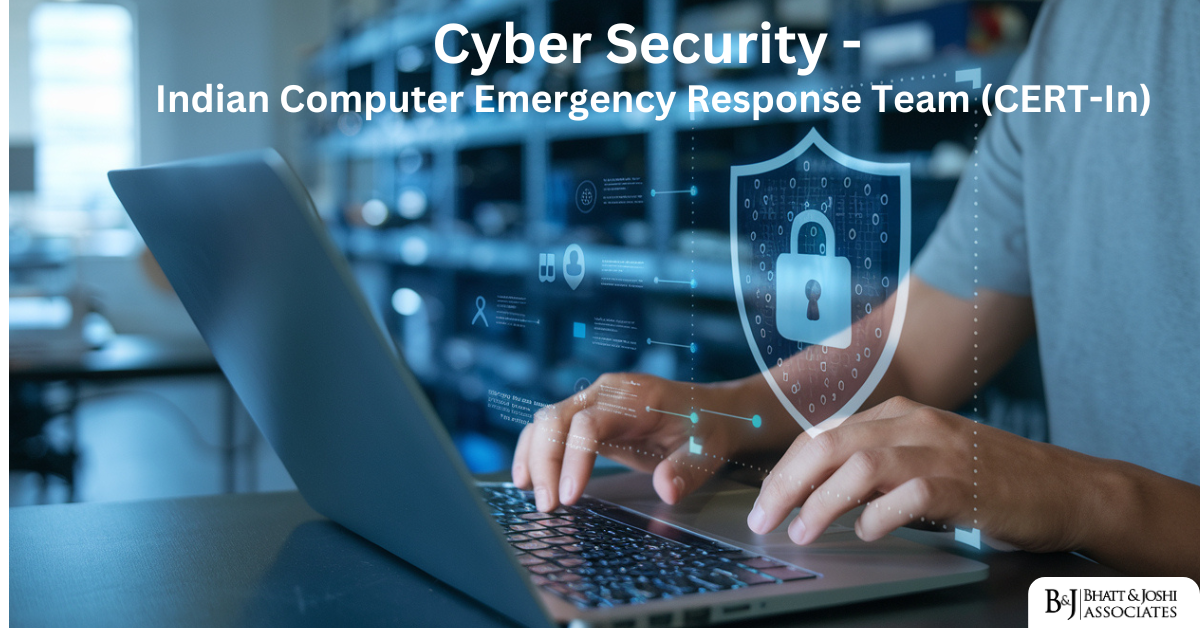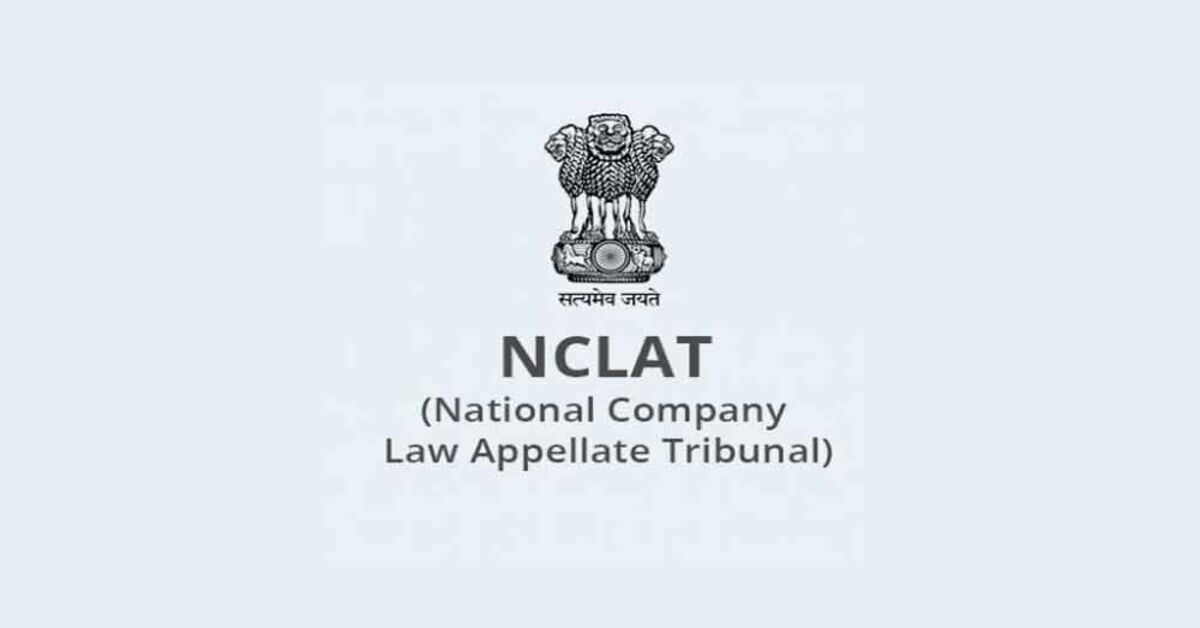Introduction
In an increasingly digital world, cybersecurity has become a critical aspect of national security and economic stability. The Indian Computer Emergency Response Team (CERT-In) is the national nodal agency tasked with responding to cybersecurity incidents, protecting critical infrastructure, and ensuring safe internet usage across government and private sectors. Established in 2004 under the Ministry of Electronics and Information Technology (MeitY), CERT-In plays a pivotal role in securing India’s cyberspace. This article explores the regulatory framework, key responsibilities of CERT-In, and the legal landscape surrounding cybersecurity in India, alongside relevant case laws and emerging challenges.
Formation and Evolution of CERT-In
The rapid growth of the internet and information technology in the late 1990s and early 2000s brought with it an increased risk of cyber threats, including hacking, data breaches, and cyber espionage. Recognizing the need for a specialized agency to handle cybersecurity issues, the Indian government established CERT-In in 2004 under Section 70B of the Information Technology Act, 2000.
CERT-In was tasked with responding to computer security incidents, advising government and private entities on how to protect their networks, and fostering collaboration between different stakeholders to create a robust cybersecurity ecosystem. Over the years, its role has expanded to include the monitoring of cybersecurity threats at a national level, the dissemination of threat intelligence, and the formulation of cybersecurity guidelines and policies.
Functions and Responsibilities of CERT-In
CERT-In serves as the national agency for managing cybersecurity incidents and promoting best practices in cybersecurity across sectors. Its core functions include:
- Incident Response: CERT-In acts as the first responder to cybersecurity incidents. It identifies, tracks, and mitigates cyber threats, such as malware attacks, phishing schemes, and data breaches. It also coordinates with international cybersecurity organizations to track and respond to global cyber threats.
- Monitoring and Alerts: CERT-In continuously monitors the Indian cyberspace for potential security threats and issues alerts to government departments, businesses, and the general public. These alerts help organizations take preventive actions against emerging cybersecurity threats.
- Vulnerability Management: CERT-In identifies vulnerabilities in information systems and provides recommendations to patch them. It conducts security audits of critical infrastructure and ensures that organizations adopt best practices in cybersecurity.
- Capacity Building and Training: CERT-In conducts training programs and workshops to enhance the cybersecurity capabilities of government agencies, private companies, and individuals. It promotes awareness about cybersecurity through educational initiatives and public advisories.
- International Cooperation: CERT-In collaborates with global cybersecurity organizations to enhance India’s cyber defense mechanisms. It has established partnerships with other national CERTs, cybersecurity firms, and international agencies like INTERPOL and the International Telecommunication Union (ITU) to share threat intelligence and best practices.
Regulatory Framework Governing Cybersecurity in India
Cybersecurity in India is regulated by a combination of laws, policies, and guidelines, with CERT-In playing a central role in enforcing these regulations. The key legislation governing cybersecurity in India is the Information Technology Act, 2000, along with its subsequent amendments.
Information Technology Act, 2000
The Information Technology (IT) Act, 2000 is the primary legal framework governing the use of digital technologies and the internet in India. The Act provides legal recognition to electronic transactions and digital signatures, but more importantly, it lays down rules for cybersecurity and the protection of personal data.
Section 70B of the IT Act formally established CERT-In and assigned it the responsibility for protecting the country’s cyberspace. CERT-In has the authority to respond to cybersecurity incidents, advise the government on cybersecurity issues, and monitor the country’s critical information infrastructure (CII).
The IT Act also prescribes penalties for cybersecurity breaches. Under Section 66, hacking, data theft, and other cybercrimes are punishable by fines and imprisonment. Section 43A mandates organizations to implement reasonable security practices for the protection of sensitive personal data, holding them liable for compensation if negligence leads to data breaches.
Information Technology (Reasonable Security Practices and Procedures and Sensitive Personal Data or Information) Rules, 2011
These rules, issued under Section 43A of the IT Act, specify the security measures that organizations must adopt to protect sensitive personal data. CERT-In oversees compliance with these rules, particularly in sectors like banking, healthcare, and telecommunications, where the protection of personal data is crucial.
National Cyber Security Policy, 2013
The National Cyber Security Policy, 2013 was introduced to create a secure cyberspace environment for businesses, government, and citizens. The policy outlines measures to protect critical information infrastructure, develop a skilled workforce in cybersecurity, and promote research and development in the field.
CERT-In plays a key role in implementing the objectives of the National Cyber Security Policy. It is responsible for developing threat detection capabilities, conducting cybersecurity audits, and coordinating efforts to secure India’s cyber ecosystem. The policy also encourages collaboration between government and private entities to improve cybersecurity resilience.
Personal Data Protection Bill, 2019
While still under consideration in Parliament, the Personal Data Protection Bill, 2019, once enacted, will provide a comprehensive legal framework for data protection in India. It places greater emphasis on the protection of personal data and introduces stricter penalties for data breaches. CERT-In will play a vital role in ensuring that organizations comply with data protection requirements, particularly in relation to cybersecurity measures.
Case Laws Related to Cybersecurity In India
Over the years, Indian courts have dealt with several significant cases that highlight the legal challenges surrounding cybersecurity and the protection of data.
Shreya Singhal v. Union of India (2015)
In this landmark case, the Supreme Court struck down Section 66A of the IT Act, which criminalized the transmission of “offensive” information over the internet. The court ruled that the provision was vague and violated the right to freedom of speech and expression under Article 19(1)(a) of the Constitution.
While the case focused on free speech, it had significant implications for cybersecurity and data regulation. The judgment emphasized the need for a clear and well-defined legal framework for cybersecurity that does not infringe on fundamental rights. CERT-In’s role in regulating cybersecurity became more prominent in the wake of this decision, as it highlighted the importance of safeguarding online freedom while ensuring security.
Justice K.S. Puttaswamy (Retd.) v. Union of India (2017) (Right to Privacy Case)
In this case, the Supreme Court recognized the right to privacy as a fundamental right under Article 21 of the Constitution. The judgment has far-reaching implications for data protection and cybersecurity, as it places greater emphasis on the protection of personal data from unauthorized access or breaches.
The judgment also underscored the need for strong cybersecurity practices to protect individuals’ personal data in the digital age. CERT-In’s role in ensuring compliance with data protection norms became more critical after this ruling, particularly in sectors like telecommunications, healthcare, and banking, where sensitive personal data is frequently processed.
Internet and Mobile Association of India v. Reserve Bank of India (2018)
This case concerned the Reserve Bank of India’s (RBI) directive prohibiting banks from dealing with virtual currencies like Bitcoin. The Supreme Court struck down the RBI’s directive in 2020, stating that it was disproportionate and did not account for the evolving nature of technology.
Although this case focused on cryptocurrency, it highlighted the challenges regulators face in adapting to emerging technologies and cyber threats. CERT-In has been closely involved in monitoring cybersecurity risks associated with cryptocurrencies and blockchain technologies, issuing advisories to financial institutions on how to secure their digital assets.
Challenges in Cybersecurity Regulation
Despite CERT-In’s crucial role in regulating cybersecurity, there are several challenges that India faces in building a secure cyberspace.
- Cybercrime and Data Breaches: The rapid digital transformation of India’s economy has made the country more vulnerable to cyberattacks, with an increasing number of data breaches, ransomware attacks, and financial fraud. CERT-In’s capacity to respond to these incidents is often stretched thin, given the scale of the threat.
- Securing Critical Infrastructure: As more sectors, including energy, healthcare, and transportation, become dependent on digital technologies, securing critical information infrastructure (CII) has become a top priority. CERT-In works closely with CII sectors to prevent cyberattacks, but gaps in cybersecurity practices continue to pose significant risks.
- Capacity Building: There is a shortage of skilled cybersecurity professionals in India, which hampers efforts to build a robust defense against cyber threats. CERT-In has initiated several training programs to address this skills gap, but more comprehensive efforts are needed to build a cybersecurity workforce capable of handling the increasing sophistication of cyberattacks.
- Evolving Nature of Cyber Threats: Cyber threats are constantly evolving, with attackers using more sophisticated tools and techniques to breach security systems. CERT-In must continually update its threat detection capabilities and invest in research and development to stay ahead of emerging cyber risks.
Recent Developments in Cybersecurity and CERT-In’s Role
In recent years, CERT-In has stepped up its efforts to safeguard India’s digital infrastructure. With the rapid adoption of digital payment systems and online platforms during the COVID-19 pandemic, CERT-In issued a series of guidelines and advisories to protect users from cyber fraud and phishing attacks.
CERT-In has also been working on improving the cybersecurity of India’s critical infrastructure. In collaboration with the National Critical Information Infrastructure Protection Centre (NCIIPC), CERT-In has conducted security audits and issued guidelines for sectors like energy, finance, and healthcare to strengthen their cybersecurity protocols.
International cooperation has also become a priority for CERT-In, as cyber threats often transcend national borders. The agency has signed MoUs with various countries and global organizations to share threat intelligence and collaborate on cyber defense initiatives.
Conclusion
The Indian Computer Emergency Response Team plays a pivotal role in securing India’s cyberspace, protecting critical infrastructure, and responding to cybersecurity incidents. As cyber threats continue to evolve, CERT-In’s role will become even more critical in ensuring that India’s digital economy remains secure and resilient. While there are challenges, such as capacity building and securing critical infrastructure, the regulatory framework and legal landscape around cybersecurity are evolving to meet these threats. CERT-In must continue to innovate and collaborate with global cybersecurity organizations to stay ahead of emerging risks and protect India’s digital future.














